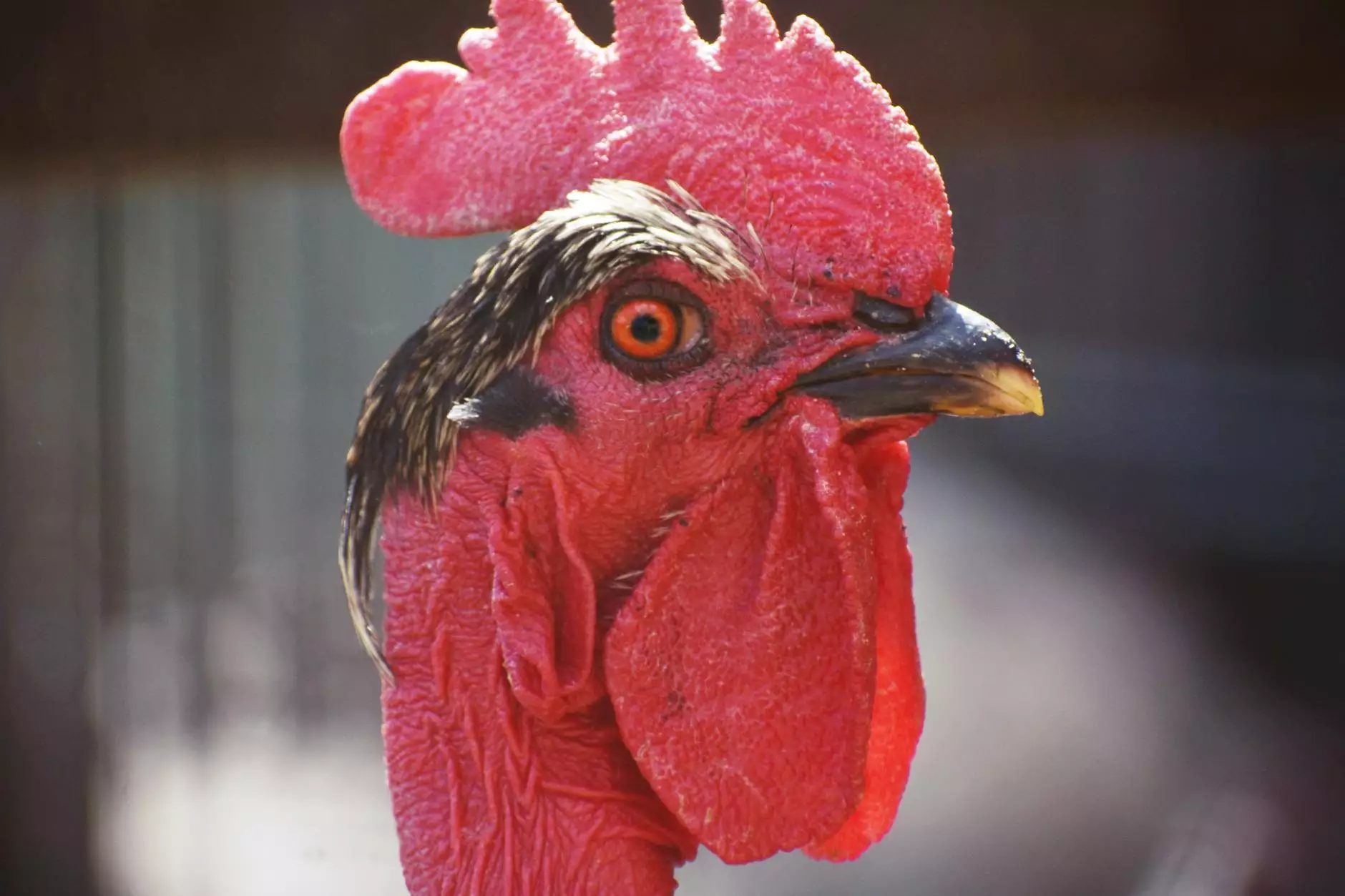Exploring the World of Frozen Chicken Manufacturers

The global food industry is undergoing a significant transformation, and at the forefront of this change are frozen chicken manufacturers. The demand for quality poultry products has surged, leading to an increased interest in the processes, sourcing, and providers of these essential food products. This article delves into the dynamics of the frozen chicken industry, the role of manufacturers, particularly Brazilian poultry exporters, and what it means to source chicken in bulk.
Understanding the Frozen Chicken Industry
The frozen chicken industry is a vital sector of the global food supply chain. As consumer preferences evolve towards convenience, affordability, and quality, the significance of frozen chicken manufacturers has grown. By offering products that meet both quality standards and cost efficiency, these manufacturers cater to various markets, from retail to food service.
The Benefits of Frozen Chicken
Frozen chicken provides numerous advantages to consumers and businesses alike. Here are some pivotal benefits:
- Extended Shelf Life: Frozen chicken can be preserved for months without significant loss in quality, allowing consumers to store products for longer periods.
- Convenience: Bulk purchasing of frozen chicken is incredibly convenient, especially for restaurants and distributors. It saves time and effort in procurement and storage.
- Cost-Efficiency: Buying frozen chicken in bulk often results in reduced costs per unit, enabling businesses to maintain profit margins while offering competitive pricing to consumers.
- Quality Preservation: Freezing chicken immediately after processing locks in freshness, ensuring that customers receive high-quality products.
The Role of Frozen Chicken Manufacturers
Frozen chicken manufacturers perform a critical function in the poultry supply chain. They are responsible for sourcing, processing, freezing, and distributing poultry products to a wide range of customers. Their operations are interlinked with various stakeholders including farmers, logistics providers, and retailers.
Key Functions of Frozen Chicken Manufacturers
Here are the primary functions performed by these manufacturers:
- Sourcing: Establishing relationships with local farmers and suppliers to ensure a steady and sustainable supply of high-quality chicken.
- Processing: Utilizing state-of-the-art technology and strict hygiene standards to process chicken efficiently and safely.
- Freezing: Implementing rapid freezing techniques to lock in freshness and flavor, ensuring the product's taste is preserved.
- Distribution: Managing logistics to ensure that frozen chicken reaches customers rapidly and in excellent condition.
The Brazilian Poultry Advantage
Brazil has emerged as one of the world’s leading poultry exporters. The country's favorable climate conditions, abundant resources, and advanced agricultural practices have positioned it as a key player in the global market.
Why Source from Brazilian Poultry Exporters?
Choosing to source from Brazilian poultry exporters comes with several advantages, including:
- Quality Assurance: Brazilian poultry is known for its high quality, governed by strict regulations and standards to ensure meat safety and quality.
- Competitive Pricing: Due to extensive farming practices and economies of scale, Brazil can offer highly competitive pricing compared to other countries.
- Robust Supply Chain: Brazil's well-established logistics and export frameworks make it easier for businesses to procure chicken in bulk without hassle.
The Process of Frozen Chicken Manufacturing
The journey from farm to freezer involves several meticulous steps. Here, we detail the process that frozen chicken manufacturers employ to create high-quality products:
1. Sourcing and Raising Chickens
It all begins with sourcing live chickens from trusted farms. Poultry farmers in Brazil raise chickens under controlled environments, focusing on quality feed and humane animal treatment.
2. Processing
Once the chickens reach the processing facilities, they undergo a series of steps that include:
- Slaughtering
- Plucking and cleaning
- Inspections to ensure hygiene and quality
- Cutting into desired parts (whole, wings, breasts, etc.)
3. Freezing
After processing, the chicken is chilled to prevent bacterial growth, followed by rapid freezing, a crucial step to preserve freshness.
4. Packaging
Each product is carefully packaged using materials that maintain freshness and safety during transport.
5. Distribution
Finally, the frozen chicken is distributed to retailers and food service providers, ensuring timely delivery to meet consumer demand.
Challenges Faced by Frozen Chicken Manufacturers
While the market for frozen chicken is flourishing, manufacturers also face several challenges:
1. Compliance with Regulations
Food safety regulations are stringent, and manufacturers must continuously adapt to changing standards, ensuring compliance to avoid penalties and maintain customer trust.
2. Logistics Management
Efficient logistics are critical in maintaining the frozen supply chain. Any delays can result in product degradation, leading to financial losses.
3. Market Competition
As more companies enter the market, manufacturers must innovate and find ways to differentiate their products to maintain a competitive edge.
The Future of Frozen Chicken Manufacturing
As global demand for chicken continues to rise, the future of frozen chicken manufacturing looks promising. Innovations in technology, such as automation and sustainable farming practices, are set to revolutionize the industry.
Adopting Sustainable Practices
Environmental sustainability is becoming increasingly important. Consumers are demanding more eco-friendly practices, and manufacturers are responding by:
- Implementing water-saving technologies
- Reducing waste through efficient production techniques
- Adopting renewable energy sources in production facilities
Conclusion
In conclusion, the role of frozen chicken manufacturers in the global food supply system cannot be overstated. As demand continues to grow for high-quality, affordable poultry products, these manufacturers are well-positioned to meet consumer needs through innovative practices and sustainable operations. Whether you are a retailer, a restaurant owner, or a consumer, understanding the dynamics of this industry can empower you to make informed decisions when sourcing frozen chicken. By sourcing from reputable Brazilian poultry exporters, businesses can capitalize on the benefits of quality, efficiency, and taste that frozen chicken offers.
For more information about premium frozen chicken products, visit frozenchickengroup.com.









